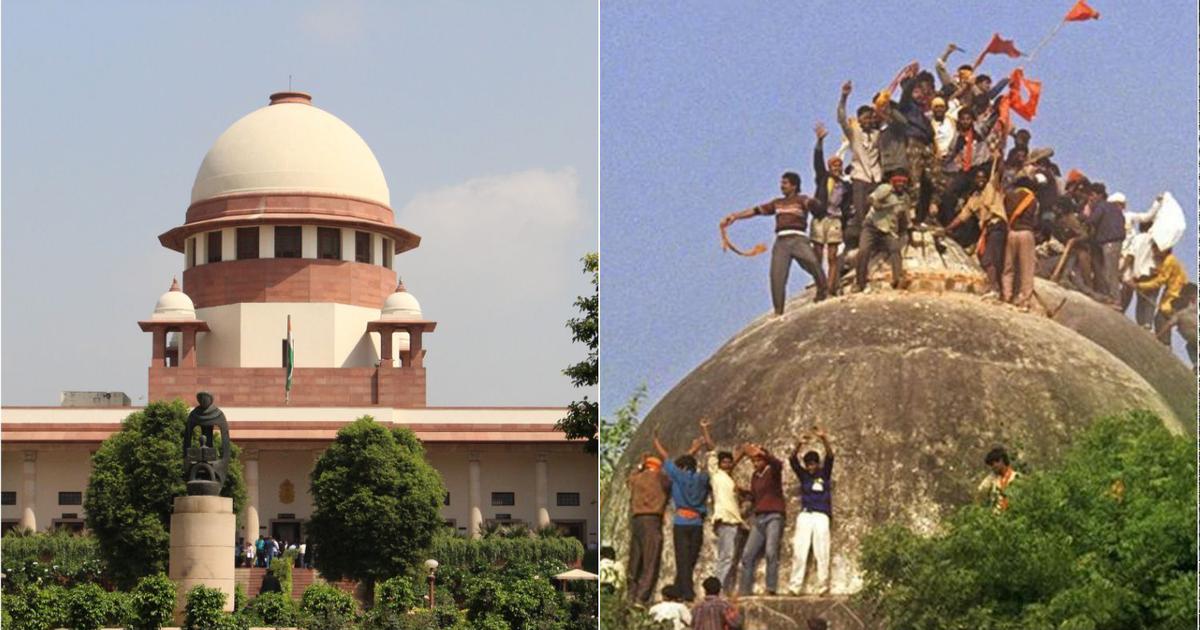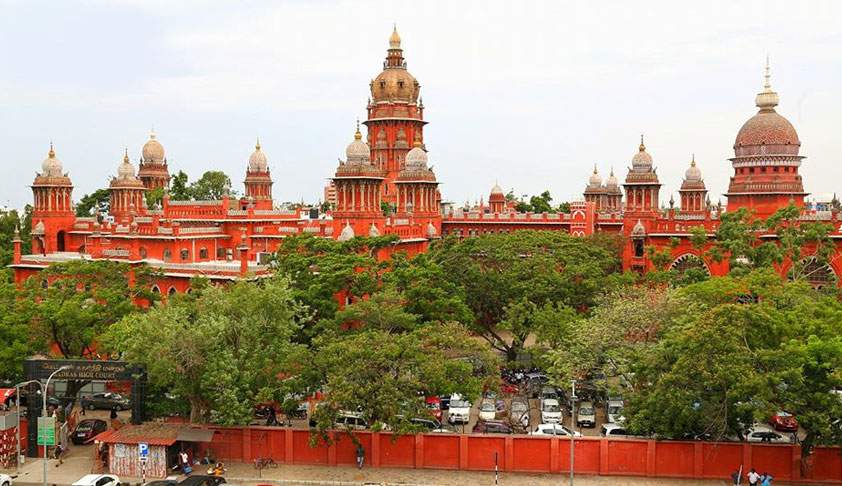Can Family Court Entertain Maintenance Petition Under Muslim Women (Protection of Rights on Divorce) Act? Justice Indira Banarjee and Justice R. Bhanumati on opposite ends about it.
The Supreme Court has given a split verdict on the issue whether a Family Court has the jurisdiction to entertain a petition for maintenance under Section 3 of the Muslim Women (Protection of Rights on Divorce) Act, 1986.
Justice R. Bhanumati was of view that the family court having jurisdiction in the related area does not jurisdiction to hear a plea filed under section 3 of the Muslim Women (Protection of Rights on Divorce) Act, 1986 whereas Justice Indira Banarjee believes that divorced muslim women seeking maintenance cannot be denied access to Family Court. Since the learned judges held different opinions on the issue, the case will now be heard before a larger bench of judges.
The case (RANA NAHID @ RESHMA @ SANA & ANR. v SAHIDUL HAQ CHISTI) reached the Hon’ble Supreme Court as appeal against the decision of a verdict given by Rajasthan High Court which set aside an order given by Family Court which converted the application for maintenance under Section 125 Cr.P.C. into Section 3 of the Muslim Women (Protection of Rights on Divorce) Act.
Justice R. Bhanumati said that the Muslim Women’s Protection Act of 1986 does not attract any application, filed under section 3 and 4 of the same act, to the Family Court of the concerned area. She added that any application, under section 3 (2) of the Muslim Women’s Protection Act , can be filed only before the First Class Magistrate who happens to have jurisdiction under Criminal Procedure Code. Miss Bahnumati’s judgement reads:
The application under Section 3(2) of the Act of 1986 by the divorced wife has to be filed before the competent 19 Magistrate having jurisdiction if she claims maintenance beyond the iddat period. Even if the Family Court has been established in that area, the Family Court not having been conferred the jurisdiction under Section 7 of the Family Courts Act, 1984 to entertain an application filed under Section 3 of the Muslim Women Protection Act, the Family Court shall have no jurisdiction to entertain an application under Section 3(2) of the Act of 1986. The Family Court, therefore, cannot convert the petition for maintenance under Section 125 Cr.P.C. to one under Section 3 or Section 4 of the Act of 1986. The High Court, in my view, rightly held that the Family Court has no jurisdiction to entertain the petition under Sections 3 and 4 of the Act of 1986 and that the Family Court cannot convert the petition for maintenance under Section 125 Cr.P.C. to one under Section 3 or Section 4 of the Act of 1986. I do not find any reason warranting interference with the impugned order.
Justice Indira Banarjee on her part said that if a rigid and constricted reading of the provisions of the Muslim Women’s Protection Act is made, it will provide us with a clear picture that making Family Courts, constituted under the Family Courts Act ,to not hear an application thereunder, is not permitted in law. She observed:
“In my view, a Family Court having jurisdiction is to be deemed to be the Court of a Magistrate, for the purpose of deciding the claim of a divorced Muslim Woman to maintenance, on a harmonious conjoint reading and construction of Sections 7 and 8 of the Family Courts Act with Sections 3(2), 3(3), 4(1), 4(2), 5 and 7 of the 1986 Act for Muslim Women, in the light of the overriding provision of Section 20 of the Family Courts Act.”
“A literal and rigid interpretation of the expression “Subordinate Civil Court” to single out divorced Muslim Women seeking maintenance from their husbands, access to Family Courts when all other women whether divorced or not and even Muslim Women not divorced can approach Family Courts would be violative of Article 14 of the Constitution. “
“This Court has only given a purposive interpretation to the expression Subordinate Civil Court in Section 7 of the Family Courts Act to include the Court of a Magistrate empowered to entertain proceedings for maintenance under the 1986 Act for Muslim Women, which are in essence and substance, civil proceedings.”
“There can be no dispute that the Family Court alone has jurisdiction in respect of personal and family matters relating to women and men, irrespective of their religion. Family matters of Muslim women pertaining inter alia to marriage, divorce etc. are decided by Family Courts, as also claims of Muslim wives to maintenance under Section 125 of the Cr.P.C. There could be no reason to single out divorced Muslim wives to deny them access to the Family Courts, and that in my view, was never the legislative intent of the 1986 Act for Muslim Women.”


